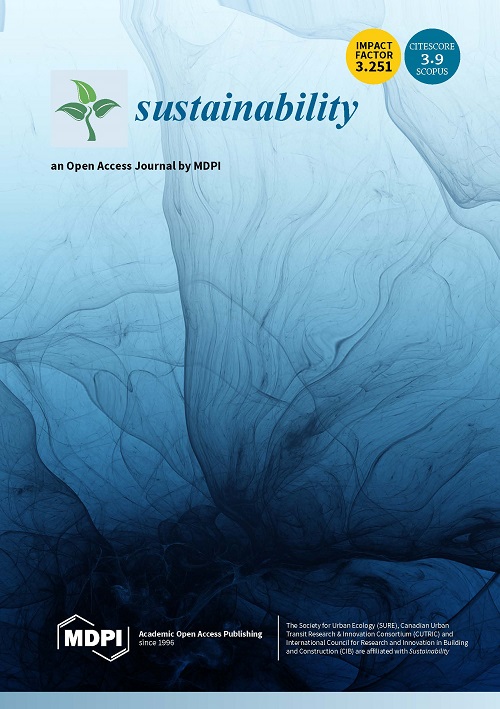Sustainable production of energy is a fundamental component for modern human development and also a vital requirement for nations in achieving the new UN sustainable development goals. Wood or tree-based bioenergy can enhance sustainable diversity in fuel supplies and can help to improve national energy security; it can reduce dependence on fossil-based and foreign energy sources, and can generate job opportunities in rural areas.
In recent years, Nepalese government and various business firms are looking to bioenergy as an vital energy option in dealing with increasing energy demand, high oil prices, and urgent reduction in greenhouse gas emissions. Bioenergy systems are expected to expand in the coming decades because: (i) they can be more secure and environmentally sustainable than systems relying on (often imported) fossil fuels, (ii) population and economic growth is expected to increase overall energy demand, (iii) technological advances continue to increase the efficiency and affordability of bioenergy, and (iv) properly managed bioenergy systems can support rural development, employment and provide environmental benefits.
However, the social, economic and environmental benefits of replacing fossil fuels with bioenergy crops are complex and often strongly debated and contested. In some cases, bioenergy systems may compete with food production, raise food prices and affect food security, displace rural communities, and/or contribute to environmental problems - a scenario known as the 'food, energy, and environment trilemma'. Drawing lessons from Asia and the Pacific region, this talk provides an overview of the potential of bioenergy production on degraded and marginal land, to simultaneously combat some of the key challenges associated with landscape degradation, together with reducing emissions and improving energy security in rural areas in Nepal. Potential linkage of bioenergy production on degraded land and UN sustainable development goals is discussed.
Ano de publicação
2016
Autores
Paudyal, K.; Paudel, I.; Baral, H.
Idioma
English
Palavras-chave
bioenergy, biomass production, emission, energy, development
Geográfico
Nepal


















